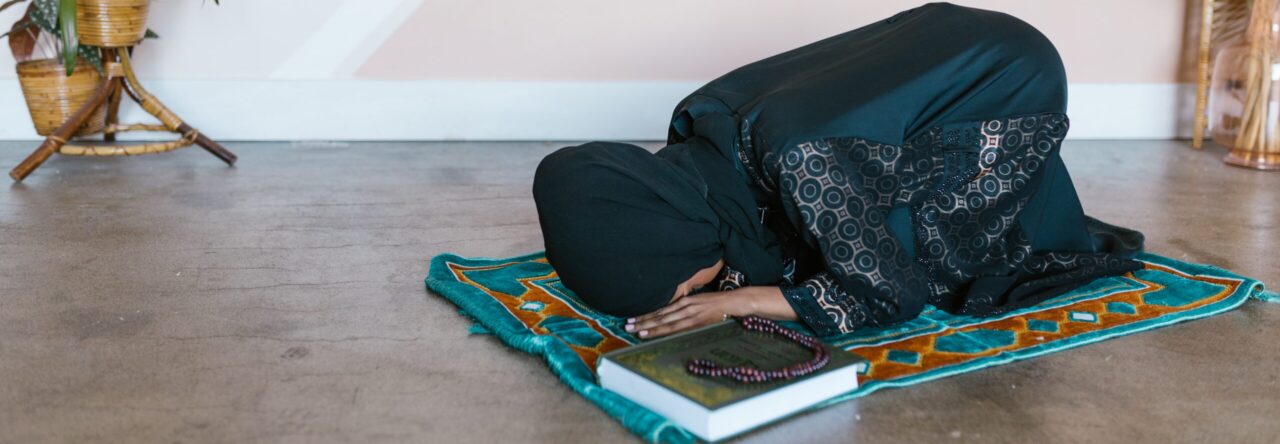I struggle with fajr prayer. I really struggle. I’ve been at an around 20% success rate. I even tried writing an ‘Around the Web’ article just to help motivate me, but I can’t seem to conquer the struggle. Summer times are usually the worst because fajr is so early and I sleep late, but there have been years where I’ve been a lot more successful than I am these days. Winters are better because I can just get up and start my day and get my prayer in on time – but that mostly just feels like cheating. It doesn’t really feel like I’m offering a sacrifice for the sake of meeting someone I love, or at the very least fulfilling His expectations. I hate to say it, but it feels like I’m at an all-time low and I’m starting to doubt I can ever climb back up.
Why is this the case? Why am I struggling so much??
I’m not a heavy sleeper. I toss and turn through the night. I even sometimes get up to pray a night prayer and then miss fajr. It makes no sense and I feel very ashamed about it. Especially as someone who is dedicating their time to thinking and writing about how to connect to God more through my prayer, it doesn’t seem appropriate that I would be missing the time window for the first prayer of the day. This is a basic component of having a successful prayer life and I can’t even get it down. What’s even more is that I don’t even feel guilty about it like I used to. When I was younger, if I missed fajr I would wake up in such a fright and I would rush to fulfill the prayer right away. I would just feel so disappointed. Now it’s become so much more commonplace that that sadness has dulled and even when I miss the prayer, I get up slowly and go about my regular morning routine and then pray. Actually, even when I get up with enough time to pray within the window, I sort of drag my feet, daring myself to miss the prayer.
What is going on?!
A lot of the advice that I’ve found on the internet or from people in my life argues that missing fajr is just a symptom. When your relationship is good with Allah, then your prayer falls into place. If you’re struggling in your devotion to God though, you will see the effects of it in your prayer. That may very well be the case. I definitely feel less connected to some of the external practices that I grew up with. I watch more Youtube videos then I would care to admit. I can really see that in some sense my practice has changed from what it was when I was the young woman so despondent that she missed her fajr prayer.
